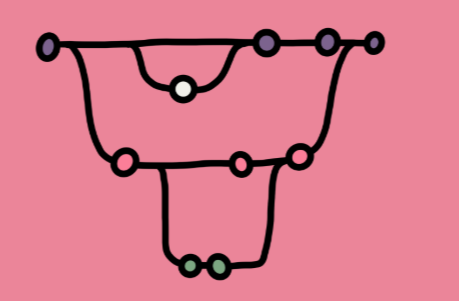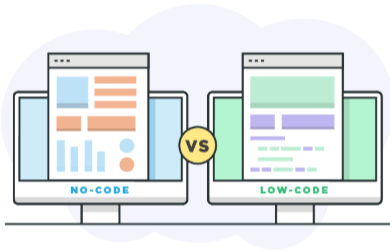How to Prevent Plumbing Problems at Home
Key Takeaways
- Regular inspections and maintenance can prevent major plumbing issues.
- Proper disposal habits and mindful water usage protect your pipes.
- Insulating pipes and monitoring water pressure are crucial preventive steps.
Maintaining a healthy plumbing system is essential for the comfort and safety of your home. Proactive household habits can prevent costly plumbing disasters and help keep your system operating efficiently year-round. Whether you are a new homeowner or looking to refresh your maintenance routine, a few strategic steps go a long way. For residents needing specialized help, hydrojetting and sewer repair in Salt Lake City trusted experts offer expert hydrojetting and sewer repair services.
Small issues, if unaddressed, can escalate into costly problems. Regular maintenance extends your plumbing’s life, prevents damage, and provides reliable water. It also boosts home value and peace of mind. Staying informed about risks and best practices is crucial for homeowners.
Knowing how to protect pipes, fixtures, and appliances can save money on repairs. Understanding your plumbing and how daily habits impact it increases safety and efficiency.
Organizations like the EPA’s WaterSense promote water conservation and proper plumbing care.
Regular Inspections
Routine checks are crucial for detecting plumbing issues early, before they escalate into emergencies. Inspect all visible pipes in your home—including those under sinks and in basements or crawlspaces—for signs of corrosion, leaks, or dripping. Pay attention to water stains or any musty odors that could indicate hidden leaks. Early intervention can save substantial repair costs in the long run.
Proper Disposal Habits
Your home’s drains are not designed to handle everything. Avoid pouring grease, fats, or oils down the kitchen sink, as these materials solidify inside pipes and create stubborn clogs. Using drain strainers in sinks and showers is an easy way to catch hair and food debris, which helps prevent blockages. In the bathroom, only flush waste and toilet paper—dispose of wipes, sanitary products, and cotton swabs in the trash to maintain free-flowing drains.
Monitor Water Pressure
Excessively high water pressure can strain pipes and fixtures, leading to leaks or bursts. Use a pressure gauge, available at most hardware stores, to check that your system’s pressure falls within the ideal range of 40 to 60 pounds per square inch (PSI). If your water pressure exceeds this range, consider installing a pressure regulator to protect your plumbing network and extend the life of appliances like dishwashers and washing machines.
Insulate Pipes
Protecting your plumbing from freezing temperatures is crucial, especially in colder climates. Insulate exposed pipes in unheated spaces, such as garages, basements, and attics. Foam pipe insulation is affordable and can be installed quickly. This simple step can prevent pipes from freezing and bursting during winter, protecting both your home and your wallet from major repairs.
Maintain Your Water Heater
Your water heater works hard year-round. To maintain its efficiency and longevity, drain (or flush) the tank annually to remove sediment buildup that can reduce heating efficiency and cause clogs. Check the heater for leaks and rust, and set the thermostat to a safe temperature—usually around 120°F—to avoid scalding and reduce energy use. Proper water heater care can also prevent unpleasant surprises, such as cold showers or damage to floors and walls from leaks.
Avoid Chemical Drain Cleaners
While liquid drain cleaners promise quick fixes, the harsh chemicals can erode metal and PVC pipes, weakening your plumbing system in the long run. Instead, use a plunger or a drain snake for minor clogs. For persistent or recurring blockages, seek the assistance of a licensed plumber rather than risking further damage.
Install a Water Softener
In regions with hard water—water with high mineral content—pipes, fixtures, and appliances can suffer from mineral buildup. This can constrict water flow and contribute to leaks or clogs over time. A water softener helps reduce mineral deposits, preserving the lifespan and efficiency of your plumbing. This investment is particularly valuable for households that regularly encounter water-related issues.
Schedule Professional Inspections
Homeowner vigilance is essential, but does not replace the expertise of a certified professional. Schedule a professional plumbing inspection at least once a year, even if you have not noticed any problems. Licensed plumbers can spot developing issues inside your walls or under the foundation that are invisible to the untrained eye. These preventative measures not only protect your current plumbing but also ensure your system remains robust for years to come.
Maintaining your plumbing involves a balance of routine diligence and knowing when to call in experts for assistance. With simple preventive steps and reliable resources, homeowners can safeguard their plumbing, protect their investment, and enjoy peace of mind all year long.






